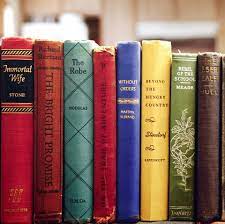The novel offers variations of all possible answers to the question “What can we know?” The answers, as expected, are pessimistic. In a world overwhelmed with data and a digital cloud heavy with “knowledge” about everyone and everything, it is still possible to manipulate memory and history as we struggle to “know”. “Most of life is oblivion,” one of McEwan’s characters argues. The truth about the past is unattainable, as it is controlled by the living and by what they have decided to pass on. We can’t know ourselves or what we are capable of. Memoirs are misleading as we put our “better selves” on the page. In a dystopian post-catastrophic world, an age metaphorically named by McEwan – the Inundation (think climate change of catastrophic proportions), humanities and history are losing the attention of the young. The generation of the future is obsessed with the present. Still, a nostalgic professor from the 22nd century searches for a lost poem recited at a birthday party in 2014. This search reflects the author’s hope that literature will still matter…
While the first part of the novel takes place in the future and centers on the search for the lost poem, the second is a soliloquy of the woman to whom the poem was dedicated. It is the more captivating and emotionally engaging part. Here, the novel becomes a satire of sorts of a poet-genius and his literary circle. The poet suffers from “status anxiety” and “limited forgiveness for humankind,” and McEwan so detests him that he turns him into a murderer. Or did he have to do this because he needed to introduce some thriller element to his otherwise quite essayistic narrative?
Stylistically, McEwan is at the height of his craft; his message is melancholic and ironic.
